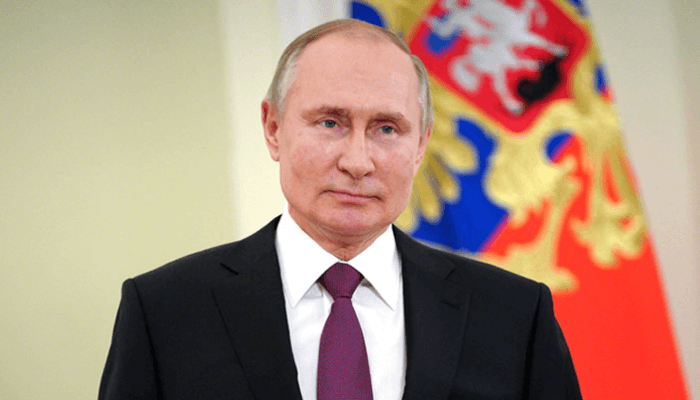Justin Trudeau has officially announced his intended resignation as leader of the Liberal party after 11 years of holding the position.
The 53-year-old has been Prime Minister since 2015 but in recent months lost popular support from the electorate and also party members in what he described as ‘internal battles’. Hence his decision to step down and allow qualified citizens to elect a new prime minister.
“ This country deserves a real choice in the next election, and it has become clear to me that, if I’m having to fight internal battles, I cannot be the best option in that election.”
Here are five notable things Trudeau achieved and will be remembered for by Canadians.
1. In 2016, he created the Independent Advisory Board for Senate Appointment which required a merit based selection that attempts to make the Senate less partisan without requiring constitutional change. With the aim of making it less political and more transparent and also ending partisan appointments.
Read also: Justin Trudeau resigns as leader of Canada’s governing Liberal Party
2. He also signed a new trade deal with the United States and Mexico : proposed in 2018 by Donald Trump, the then president of the United States during the G20 summit, the agreement signed between the United States of America, Mexico, and Canada (USMCA) is a free trade agreement. Which was formally signed by all sides on October 1, 2018 and it was signed by Donald Trump, Mexican President Enrique Peña Nieto, and Justin Trudeau
3. He introduced a carbon tax to reduce Canada’s greenhouse gas emissions during his first two terms as prime minister: The Carbon tax is Canadian federal law establishing a set of minimum national standards for carbon pricing in Canada to meet emission reduction targets under the Paris Agreement. It was passed as Part 5 of the Budget Implementation Act, 2018.
4. He legalised cannabis for recreational use: on June 19, 2018, the prime minister announced the effective legalization of the use of cannabis for recreational use after the Senate passed the bill. The use of cannabis for recreational purposes became legal across the country on October 17, 2018, under the Cannabis Act. Persons aged 18 or older can possess up to 30 grams of dried or “equivalent non-dried form” in public.
5. He established a new Canada Child Benefit (CCB), a tax-free payment targeting low- and middle-income families. The CCB is income-dependent; Since its inception, the Canada Child Benefit has lifted about 300,000 children out of poverty, and has helped reduce child poverty by 40 percent from 2013 to 2017. The budget for Canada Child Benefit has been increased in 2019, increasing the annual benefit to a maximum of $6,639 for children under 6 and $5,602 for ages 6 through 17, allowing parents to provide more.
Join BusinessDay whatsapp Channel, to stay up to date
Open In Whatsapp





